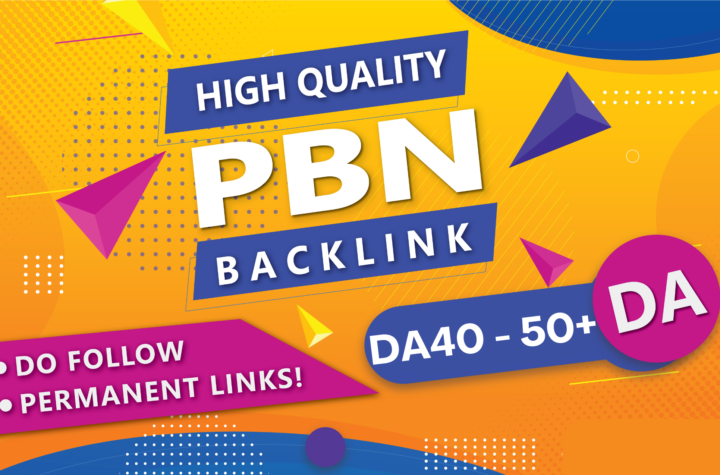In the highly competitive and fast-moving Forex industry, a robust Customer Relationship Management (CRM) solution can be the key to sustained growth and operational efficiency. A CRM for Forex Broker is more than just a tool for managing client data; it is a comprehensive system designed to streamline sales, marketing, customer service, and regulatory compliance. Choosing the right CRM system can transform how brokers operate, serve clients, and scale their business. Here are the top features every Forex broker should consider when selecting a CRM system.
Client onboarding automation
One of the most critical aspects of any CRM for Forex Broker is the ability to streamline and automate the client onboarding process. From collecting KYC (Know Your Customer) documents to verifying identity and automating compliance checks, the CRM should simplify every step. An ideal CRM will integrate electronic signature capabilities, document verification, and secure file uploads, ensuring a smooth experience for new clients while helping brokers remain compliant with international regulations.
Lead management and conversion tracking
A strong CRM for Forex Broker should have an intelligent lead management system that allows brokers to capture, categorize, and nurture leads efficiently. The platform should support automated workflows that assign leads to specific sales agents based on predefined criteria like language, location, or account type. Conversion tracking tools should be embedded to measure the effectiveness of marketing campaigns and sales follow-ups, providing actionable insights that boost acquisition rates.
Multi-tier affiliate and IB management
Affiliates and introducing brokers (IBs) play a huge role in the Forex industry, and a powerful CRM should offer built-in tools to manage them effectively. Look for systems that allow you to set commission structures, track referrals, monitor multi-tier affiliate performance, and generate real-time reports. With these features, brokers can easily manage complex partner networks, reducing manual effort and increasing accuracy in commission payouts.
Integrated client portal
A modern CRM for Forex Broker must include a user-friendly and customizable client portal. This portal should provide clients with access to their trading accounts, transaction history, KYC status, deposit and withdrawal requests, and live chat support. The client portal enhances transparency, boosts client satisfaction, and reduces the workload on support teams by offering self-service functionality.
Seamless integration with trading platforms
To deliver a consistent and efficient client experience, the CRM should seamlessly integrate with major trading platforms such as MetaTrader 4 (MT4), MetaTrader 5 (MT5), and cTrader. Real-time data synchronization between the CRM and trading platforms allows for better client account management, accurate tracking of trading activity, and instant updates on client performance. This integration is also essential for automated reporting, compliance, and risk management.
Advanced reporting and analytics
Data-driven decisions are vital for success in the Forex market. A CRM for Forex Broker should offer customizable dashboards, real-time analytics, and advanced reporting capabilities. Whether it’s client acquisition, trading volume, revenue generation, or support response times, the CRM should allow brokers to visualize and analyze performance metrics effortlessly. Automated scheduled reports can further help decision-makers stay informed and proactive.
Regulatory compliance tools
Regulatory compliance is a significant concern in Forex trading, especially for brokers operating across multiple jurisdictions. A good CRM should have features that assist with maintaining compliance, including automated KYC/AML processes, audit logs, transaction tracking, and data encryption. The CRM should also support GDPR compliance and have options for storing data securely across different geographical regions to meet local laws.
Communication and interaction management
Effective communication is essential for building strong client relationships. A robust CRM for Forex Broker should integrate various communication tools such as email, SMS, VOIP, and live chat. Additionally, features like automated follow-ups, ticketing systems, and conversation history help ensure no client interaction is missed. These tools allow for personalized, timely, and consistent communication with clients at every stage of their journey.
Payment and wallet integration
Handling client deposits and withdrawals efficiently is crucial in the Forex space. The CRM should support integration with a wide variety of payment gateways and e-wallets to offer clients multiple secure and fast transaction options. Moreover, it should include features for internal transfers, withdrawal approval workflows, and automated reconciliation, all designed to simplify financial operations for both the broker and the client.
Multi-language and multi-currency support
Forex brokers often serve clients across various regions, making multi-language and multi-currency support an essential CRM feature. The system should allow for a localized user experience, enabling clients to interact with the platform in their preferred language and currency. This inclusivity enhances trust, widens market reach, and reduces the friction associated with cross-border transactions.
Security and access control
With sensitive financial data being processed daily, security is non-negotiable. A high-quality CRM for Forex Broker should come with top-tier security features such as two-factor authentication, role-based access control, data encryption, and automatic session timeouts. Access permissions should be easily manageable to ensure that only authorized personnel can access specific sections of the CRM, reducing the risk of internal data breaches.
Customizable workflows and user roles
Every Forex brokerage operates differently, so the CRM should offer flexible customization options. Brokers should be able to define custom workflows, user roles, and access levels that align with their internal processes. From sales pipelines to client service flows, the CRM should be adaptable without requiring extensive development effort. This flexibility enhances operational efficiency and ensures the CRM evolves with business needs.
Mobile access and cloud hosting
In today’s digital landscape, accessibility is key. A CRM that is mobile-friendly or offers dedicated mobile apps allows brokers and sales agents to manage leads, respond to client inquiries, and access data anytime, anywhere. Furthermore, cloud-hosted CRMs offer greater scalability, reduced IT overhead, and enhanced data security compared to on-premise systems, making them a preferred choice for growing brokerages.
Scalability and support for business growth
As your Forex brokerage expands, your CRM system should scale with you. Whether you’re managing a handful of clients or thousands, the CRM should handle increased load without performance degradation. Look for platforms that offer scalable databases, modular features, and seamless third-party integrations. Vendor support is equally important—choose a provider that offers reliable technical support, onboarding assistance, and regular system updates.
Conclusion
Selecting the right CRM for Forex Broker is a strategic decision that impacts every aspect of brokerage operations. From client onboarding and lead management to compliance, communication, and performance tracking, the features of your CRM determine how effectively you serve clients and scale your business. By prioritizing the key features outlined above, Forex brokers can ensure they invest in a CRM solution that drives operational excellence, enhances client satisfaction, and positions the business for long-term success.




More Stories
A Step-by-Step Guide to Using WPS Effectively
Boost Team Performance with WPS Tools
Getting Started with WPS Download: Your Complete Guide to WPS下载 Today